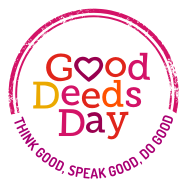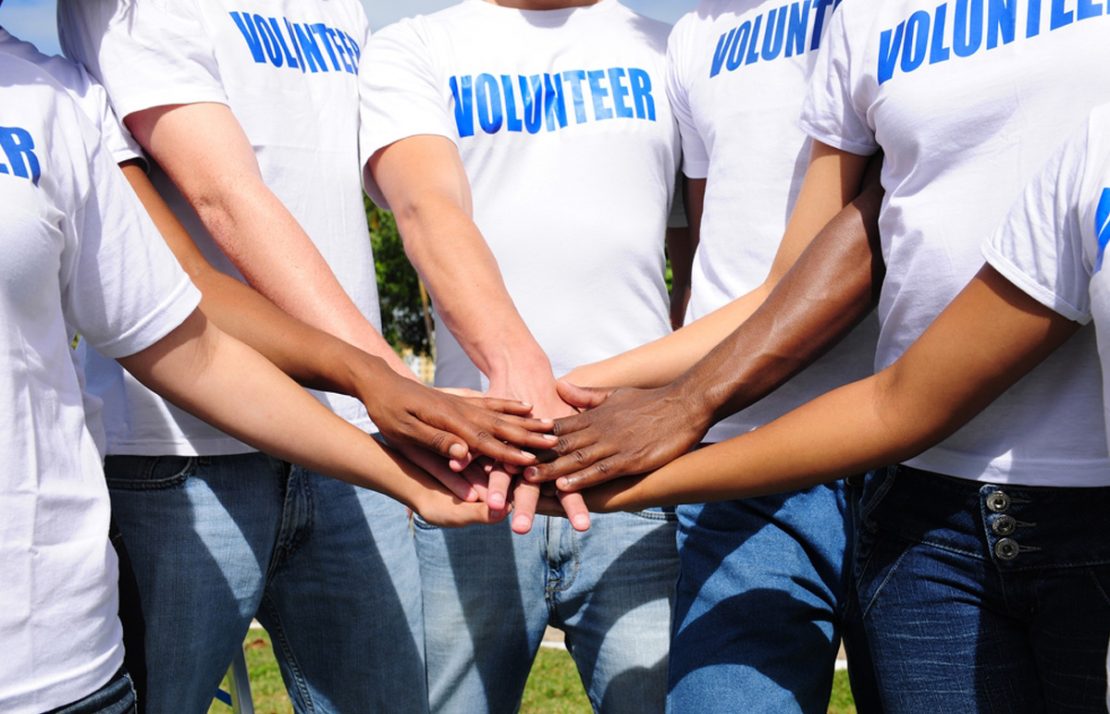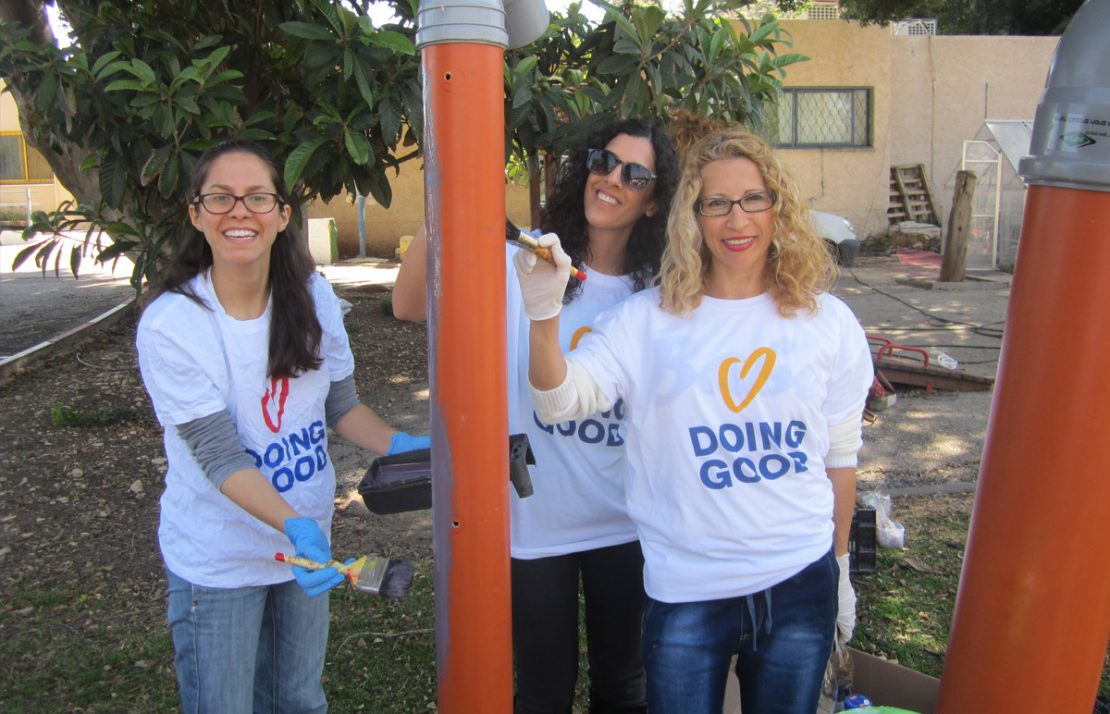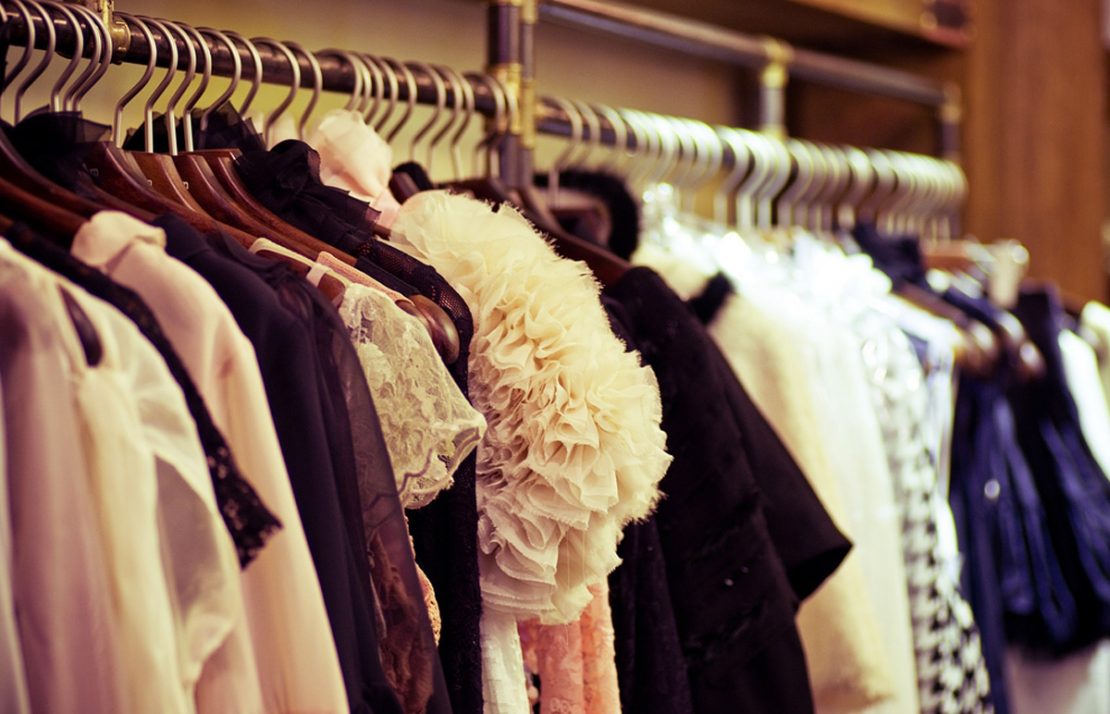According to the Human Rights Watch organization, “The Boko Haram conflict, now in its thirteenth year, has displaced over 2.9 million people in Nigeria’s northeast and hundreds of thousands to neighboring countries. Most of the internally displaced people are in Borno State, the epicenter of the conflict, living in host communities and the camps.”
You may be wondering what the difference between a refugee and an IDP is. Where refugees cross international borders seeking refuge, IDPs are locally displaced within their own countries.
For Good Deeds Day, the Kleo Aid Foundation for Children focused its positive efforts on helping those living in the camps located in Abuja. We spoke with Emmanuel Obi, the Executive Director of the Foundation to learn more about the camps and how they are working to help the populations living inside of those camps.
We’d love to first hear about your organization, the Kleo Aid Foundation for Children?
Kleo Aid Foundation for Children is an independent and personally funded non-profit organization that has created a relationship with poor children and from time to time gives material, physical and emotional support to the downtrodden and impoverished children. As we hope and pray for peace, growth, and development in Nigeria, we are also open to more partnership and funding support to restore the dignity of humanity and hope for prosperity.
One of the populations you help is IDPs (internally displaced persons) that live in camps in Nigeria. Can you please tell us about the history of the IDP camp in Abuja, Nigeria?
Emmanuel:
The history of the IDP camp in Abuja can be traced to the time of the then-president Goodluck Jonathan when insurgence was the order of the day in 2012. The northern part of Nigeria was on a rampage and many lives were lost in the hands of the Islamic sect, now known as a terrorist group called Boko Haram which set up bombs to kill innocent people. The group made many people orphans, childless, homeless, impoverished, etc. This led them to flee their homes and roam the street. All natives of the affected northern states were later relocated to Abuja. Fathers, mothers, and children who lost their breadwinners and homes as a result of the insurgency were all relocated to the camp.
The camp was created in 2013 and became occupied in 2014 to give shelter to all those affected by the bomb blast in the northeast.
The camp is made up of Christians and Muslims sharing separate makeshift structures in different corners of the camp. There were four (4) camps located in Abuja, namely: Garki Area One, Kuchingoro, Lugbe, and Kuje IDP camps but now, it has seemingly spread within the metropolis from one area to another.
What are the conditions like in the camp and how do people have funds to survive?
Emmanuel:
They survive through donations and support received from the Nigerian government and individuals and charity organizations. Some of their women and youths have been engaged in entrepreneurial skills that help them become self-reliant. Although, it was garnered that some young women engage in prostitution to earn a living and in the process become early mothers through unwanted pregnancy while some young men sell illicit drugs as well. Their condition is so bad that they suffer from good personal hygiene, illiteracy, and poverty. The internally displaced persons (IDPs) are grateful to church organizations like the Catholic Church and NGOs like Kleo Aid Foundation for Children in partnership with other organizations for the aid given to them.
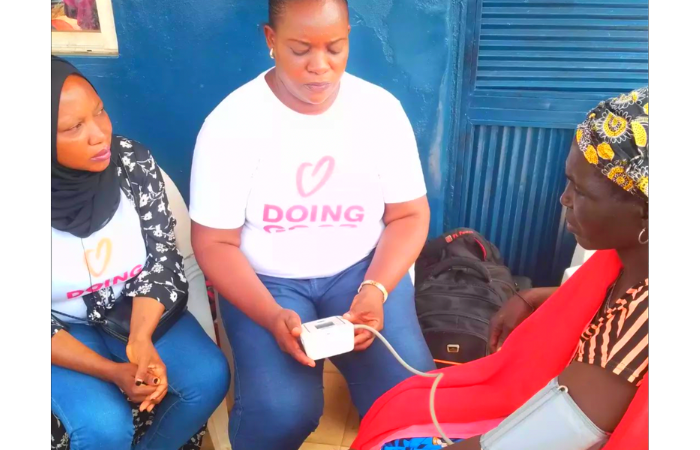
How has the Kleo Aid Foundation for Children worked to help the populations in the camp in the past?
Emmanuel:
Kleo Aid Foundation for Children has carried out the following programs with and for them: Sensitization and awareness campaigns on drug abuse; teaching about good personal hygiene; birth control focused on unwanted pregnancies; health talks and free tests; and SDGs impact projects. We have also worked with bigger organizations to give aid to the IDPs.
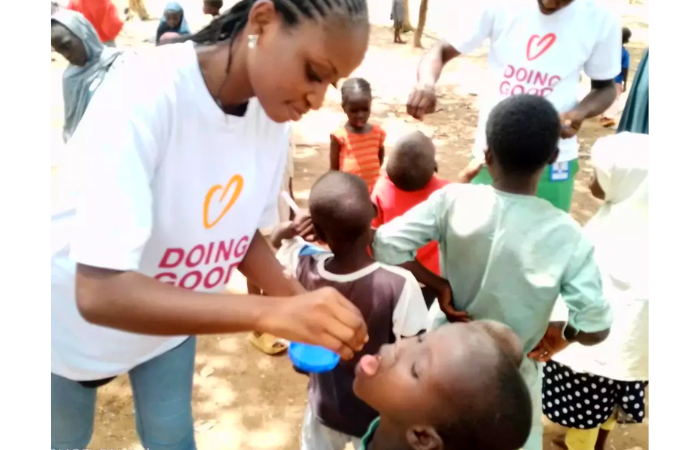
What project did the Kleo Aid Foundation for Children do with the camp on Good Deeds Day this year?
Emmanuel:
In our last project to mark the 2022 Good Deeds Day, we donated food items and learning materials to actualize the Goal 1, 2, 3 & 4 of the UN SDGs. We believe that if there is food, there will be no hunger, no poverty, and good health and well-being. To achieve this, quality education is required to curb illiteracy and redirect their mindsets. The materials donated were writing pens, textbooks, and exercise books for children to learn with. This is to improve their learning condition as some can’t afford to buy them. The textbooks are based on the curriculum for basic education in Nigeria.
There are parents from the camp that are teaching the children in a school donated to them by another NGO. Our volunteers also assisted with extracurricular activities. This learning is done throughout the academic calendar. The basic education given to these children is to prepare them with knowledge and skills so that they can communicate and be reintegrated into society. The lucky ones among them have the option of getting scholarships.
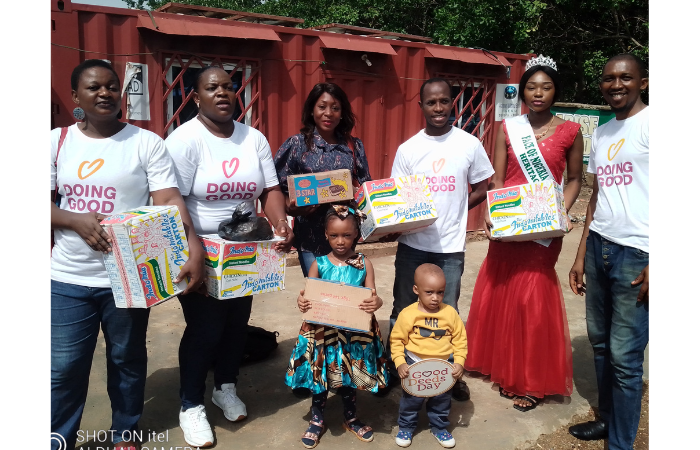
To learn more about the important work of the Kleo Aid Foundation for Children, please visit them on Facebook. To get more information about Good Deeds Day, join our newsletter on our website.

